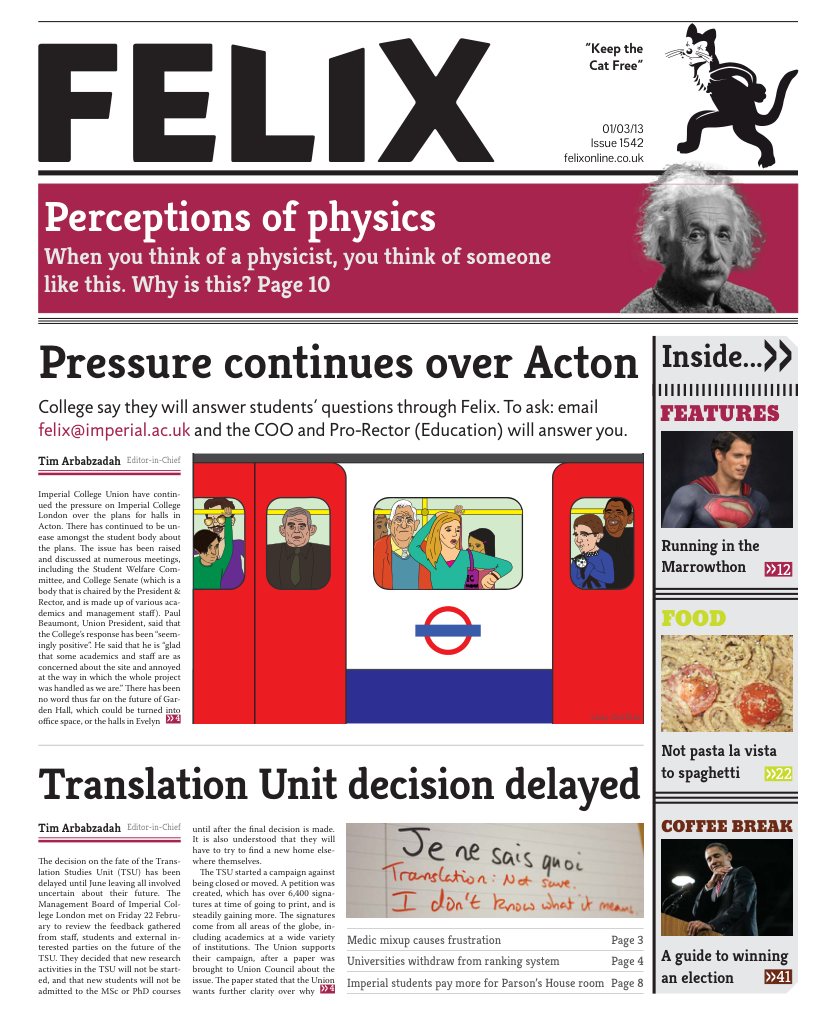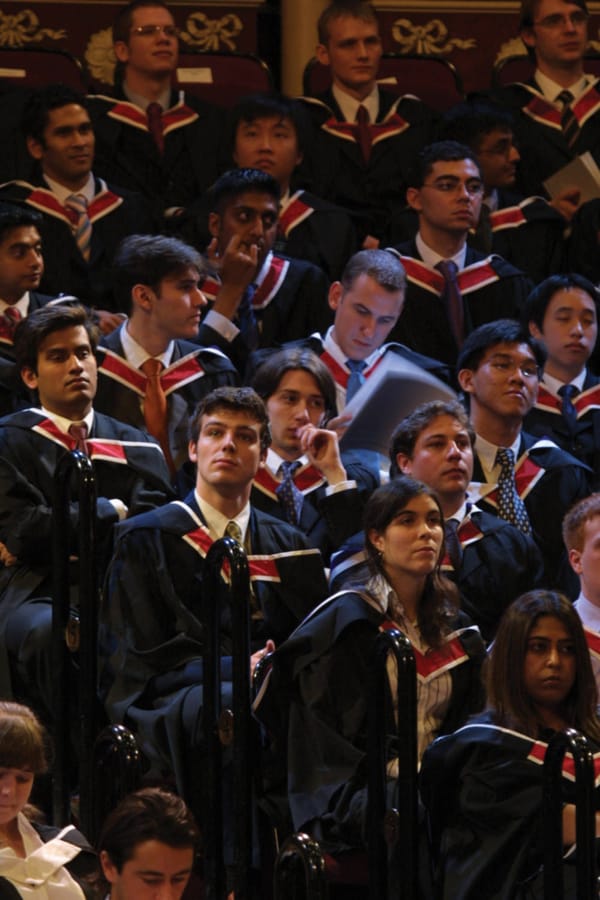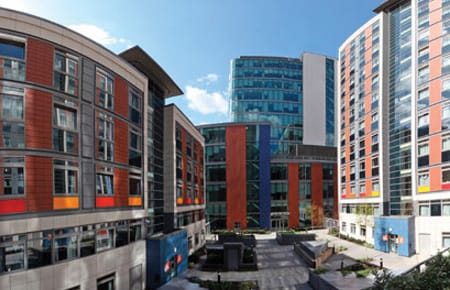Bird flu research restarts
Scientists end year long voluntary halt
Research is into artificial strains of H5N1 (bird flu) is resuming following a voluntary halt from scientists in January 2012 amid safety concerns. Professor Wendy Barclay from Imperial College London is one of 40 authors of a letter recently published in Nature, which outlines the situation and why some countries are restarting research. The letter declares an “end to the voluntary moratorium on avian-flu transmission studies” following a list of safety recommendations for this type of research from The World Heath Organization.
The letter in Nature says that the “benefits of this work outweigh the risks” with H5N1, as a “virus capable of transmission in mammals may emerge”. The letter states: “We consider biosafety level 3 [BSL-3] conditions with the considerable enhancements (BSL-3+) to be appropriate for this type of work”. BSL-3 is the second highest level of protection, which includes using fume hoods and filtered air to be released outside the lab.
In January 2012 influenza virus researchers worldwide took part in a voluntary 60 day pause on research on bird flu; this was to allow “time to explain the public-health benefits of this work, to describe the measures in place to minimize possible risks, and to enable organizations and governments around the world to review their policies regarding these experiments”. However, the period was extended, and eventually lasted a year. In this time there were many open and closed meetings about the issue. On Imperial College London’s website, Professor Barclay wrote a statement, which described the reason for the halt in research: “The stimulus for this voluntary pause in research in one specific area was the revelation that two labs had actually generated recombinant viruses with increased transmissibility. Several other labs along with these two had been working in this area for some years, publishing and presenting their work openly, but only when efforts yielded up a positive result did anyone really notice. Then there was a knee jerk response from certain quarters previously naive of this approach, expressing horror that scientists were brewing up deadly diseases. It became clear that the public needed reassurance and justification about these experiments.” Research restarted at the end of January this year.









